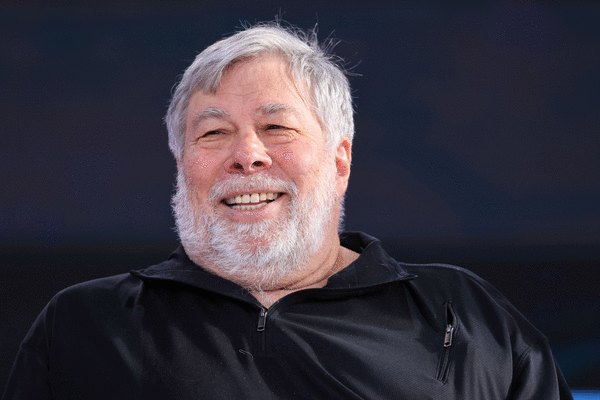Apple co-founder Steve Wozniak has secured a victory in an appeals court against YouTube concerning doctored videos that used his likeness in a Bitcoin scam back in 2020.
According to a report by Bloomberg, the San Jose appeals court reversed a lower court’s decision that had previously exonerated YouTube from any wrongdoing.
The case centers around videos that were manipulated to appear as if Wozniak was promoting a Bitcoin giveaway scam, deceiving viewers into sending Bitcoin with the false promise of receiving double the amount in return.
The lawsuit, initiated by Wozniak and 17 other notable figures, including Bill Gates, Elon Musk, and Michael Dell, targeted YouTube and its parent company, Google. They alleged that YouTube’s platform was used to disseminate the fraudulent videos, which not only exploited their reputations but also led to viewers being scammed. This latest court verdict is crucial as it challenges the protective shield video streaming platforms have under federal law, specifically Section 230 of the Communications Decency Act, which has traditionally safeguarded companies from liabilities associated with user-generated content.
Court Challenges YouTube’s Liability Shield
The appeal court identified a critical issue where YouTube channels, often of high popularity, were hijacked to promote these scams. It was pointed out that Google and YouTube contributed to the scam’s credibility by verifying hijacked channels and failing to remove the verification badges once the scam videos were posted. In some instances, verification badges were awarded amidst the ongoing scam operations.
This court decision marks a pivotal moment by suggesting that YouTube’s actions, or lack thereof, in dealing with the scam videos could strip it of the immunity typically granted by Section 230. Wozniak’s legal representative, Joe Cotchett, emphasized that the verdict underlines the responsibility social media platforms have to manage their content more diligently and not hide behind Section 230 as an all-encompassing defense.
The ruling allows Wozniak to proceed with his lawsuit against YouTube, setting a precedent that could influence how video streaming platforms are held accountable for the content shared and promoted on their sites, especially when it comes to fraudulent schemes exploiting public figures’ likenesses.





